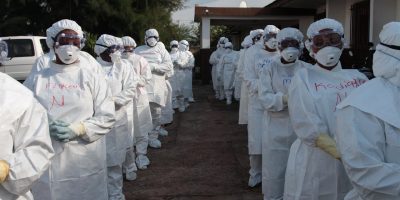Search
Search within
1447 results found
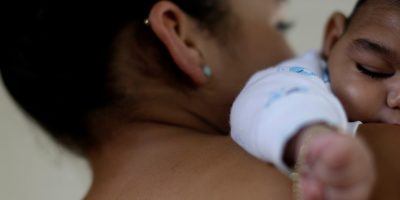
Background report
Zika virus risk assessment in the WHO African Region: A Technical Report
This WHO Technical Report seeks to assess the risk of Zika virus outbreak by country in the WHO African region and the capacity to contain it from becoming an epidemic.
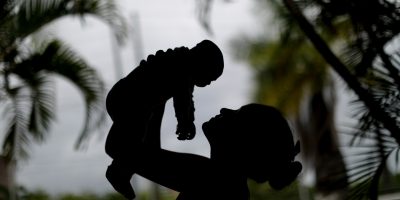
Evidence review
Psychosocial Support for Pregnant Women and for Families with Microcephaly and Other Neurological Complications in the Context of Zika Virus: Interim Guidance for Health-Care Providers
On 1 February 2016 WHO announced that a cluster of microcephaly and other neurologic disorders reported in Brazil is a Public Health Emergency of International Concern. Several countries have reported an increase in the incidence of cases of microcephaly and/or…
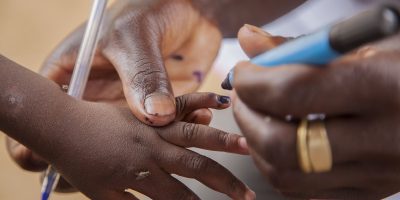
Background report
Mapping the Risk and Distribution of Epidemics in the WHO African Region: A Technical Report
This WHO Technical Report offers a comprehensive spatially defined database of outbreaks and epidemics, and delineates the ecological zones of diseases classified as Public Health Emergency of International Concern (PHEIC) and malaria.
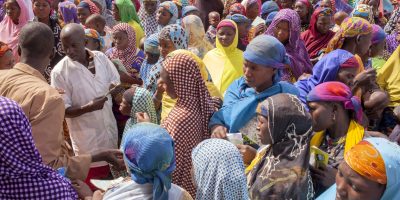
Evidence review
Open Mindsets: Participatory Leadership for Health
The importance of leadership in bringing about change to improve health and well-being is increasingly emphasized — especially with the shift to SDGs — and there is now a need and opportunity to act to strengthen leadership for health. In…
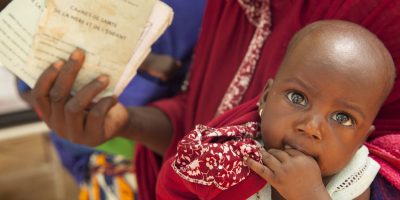
Evidence review
Guideline: Infant Feeding in Areas of Zika Virus Transmission
The purpose of this guideline is to provide a recommendation to guide governments, ministries of health,policy-makers and health-care workers in regions affected by transmission of Zika virus, in the development of local and national protocols and policies on infant feeding,…
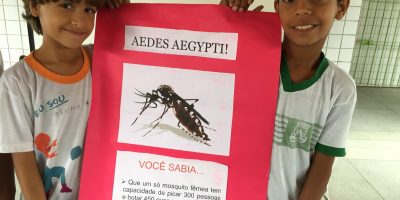
Tools
A toolkit for integrated vector management in sub-Saharan Africa
This toolkit for integrated vector management (IVM) is designed to help national and regional programme managers coordinate across sectors to design and run large IVM programmes. It is an extension of earlier guidance and teaching material published by the World…
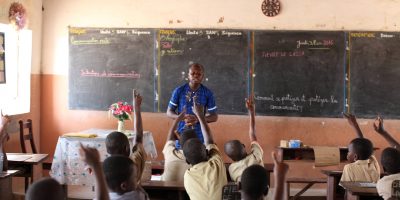
Evidence review
Guidance for Managing Ethical Issues in Infectious Disease Outbreaks
This guidance document on ethical issues that arise specifically in the context of infectious disease outbreaks aims to complement existing guidance on ethics in public health. It should therefore be read in conjunction with more general guidance on issues such…
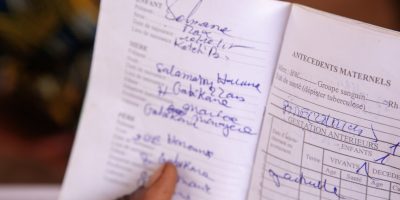
Article
Community mobilization and engagement accelerating ahead of yellow fever prevention campaign in Kinshasa
A statement from WHO on capacity-building and community engagement by district chief medical officers and community organisers in Kinshasa.
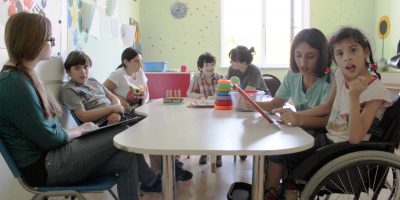
Briefing
Looking Beyond Prosthetics? Including People with Disabilities in Emergency Relief Efforts
As the rapid response briefing on “Including people with disabilities in emergency relief efforts” from IDS shows, emergencies have a disproportionate impact on those already marginalised by society, including people with disabilities and their families. For example, people with disabilities are…
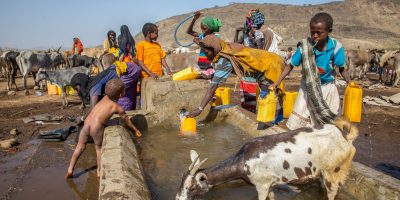
Briefing
Beyond Risk Factors: The All-Too-Human World of Zoonotic Pandemics
While we might enjoy the entertainment, in real life people prefer their experts to be optimists – which, fortunately, characterises most of us working in the world of global health, even when working in very adverse and trying circumstances. We…
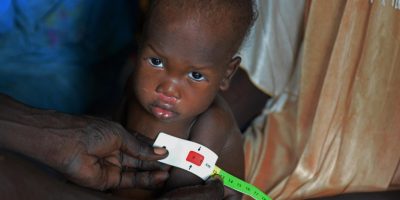
Briefing
Healthcare Innovations Won’t Cure Global Health Inequality – Political Action Will
Boosting developing nations’ access to medical advances is top of the agenda at Berlin’s World Health Summit, but will it improve healthcare for the poorest?
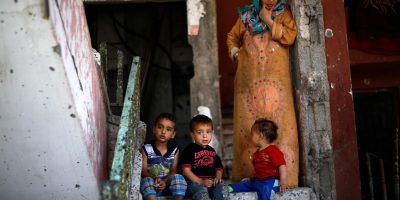
Briefing
Disability in Conflict Zones: ‘I told my wife to take the children and run’
Being caught in a humanitarian crisis with a disability can lead to abandonment and neglect. How can we make humanitarian response more inclusive? hen the shooting started Simplice Lenguy told his wife to take their children and run. It was…
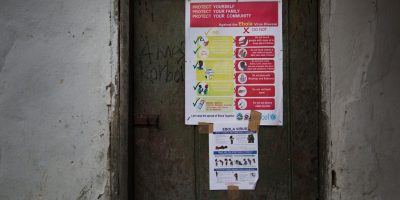
Briefing
Ebola Vaccine Trial in Sierra Leone Battles Against Fear and Logistics
Health workers face suspicion and a lack of cold storage as they test the Ebola vaccine and also try to reach children who have missed inoculations against other diseases.
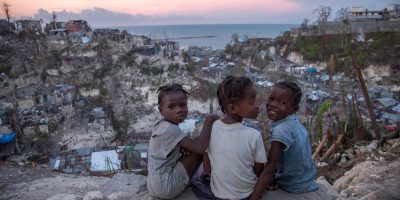
Article
Hurricane Matthew: Haiti Needs Vaccines to Stop Deadly Cholera Spreading
9,000 people died in Haiti’s last cholera outbreak. We must act fast in disaster-affected hotspots to help prevent history repeating itself.
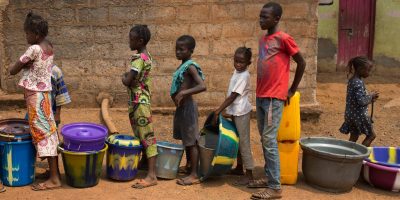
Briefing
Social Stigma Compounds Desperate Poverty of Guinea’s Ebola Survivors
Shunned by their communities and unable to work, female survivors of Ebola in Guinea face profound hardship as they try to care for their families.
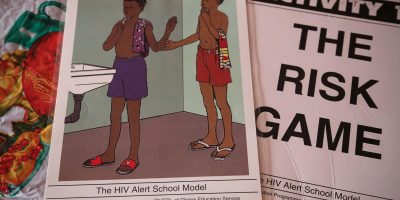
Briefing
It Isn’t Lack of Drugs Preventing Us Eradicating AIDS, But Inequality
To tackle HIV rates we must give a voice to people prevented from accessing treatment due to social stigma.
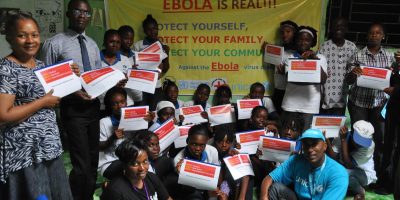
Briefing
We Cannot Learn the Lessons of Ebola If We Continue to Undervalue Local Efforts
Reports into the Ebola outbreak overemphasise the role of the World Health Organisation while neglecting the importance of local community responses.
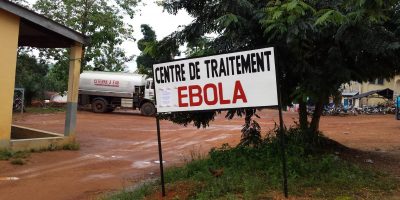
Briefing
Healers Cure Mistrust in Guinea’s Health System after Horrors of Ebola
Practitioners of traditional medicine – the first port of call for 80% of Guineans – could be invaluable in helping fight other killer diseases, such as malaria.
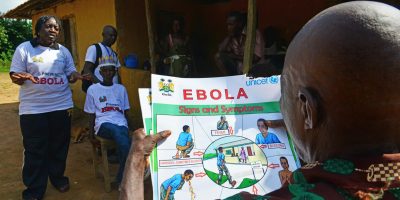
Background report
Historical Parallels, Ebola Virus Disease and Cholera: Understanding Community Distrust and Social Violence with Epidemics
In the three West African countries most affected by the recent Ebola virus disease (EVD) outbreak,resistance to public health measures contributed to the startling speed and persistence of this epidemic in the region. But how do we explain this resistance,…
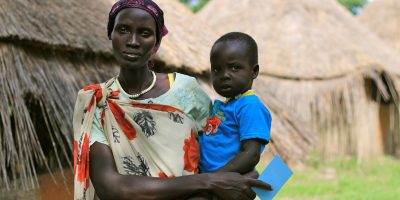
Background report
Health Vulnerabilities among Migrant/Mobile Populations in Urban Settings of East and Southern Africa: A Regional Synthesis of Evidence from Literature
Using the principles of reputational case selection sampling procedure and thematic search of electronic databases and websites, we implemented a regional synthesis of evidence on the health vulnerabilities of migrant and mobile populations in urban areas of East and Southern…

Evidence review
El Niño: Overview of Impact, Projected Humanitarian Needs and Response as of 02 June 2016
The humanitarian impact of the 2015-2016 El Niño remains deeply alarming, now affecting over 60 million people. Central America, East Africa (particularly Ethiopia), the Pacific and Southern Africa remain the most affected regions. The El Niño phenomenon is now in decline, but projections indicate the situation will worsen…
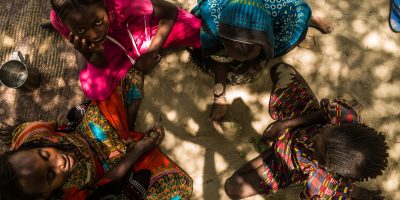
Evidence review
A Plan to Strengthen Community Resilience to Drought in Southern Africa
This plan aims to reinforce community resilience to food insecurity by strengthening the following areas: access to and availability of food; household food security and nutrition and livelihoods; community-based disaster risk reduction; access to safe water and hygiene, and health…
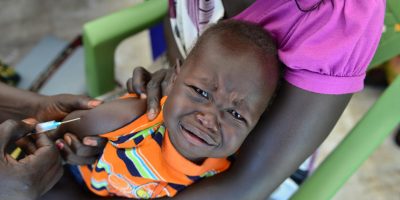
Briefing
Plotting Global Health Attention through Pandemics
In late August 2011, on the eve of the tenth anniversary of 9/11, Hurricane Irene tore northwards up the Atlantic, its projected path fixed over the U.S. East Coast. So great was the force of the tropical storm’s anticipation that…
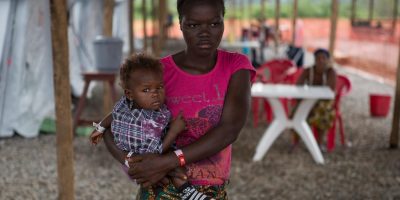
Briefing
Untimely Ends and the Pandemic Imaginary
“Untimely ends” can then be best approached as transformative topoi between the symbolic order of really existing epidemics and the pandemic imaginary, as a vision of the (biological and ontological) end of humanity. Rather than just bridging experience and anticipation,…
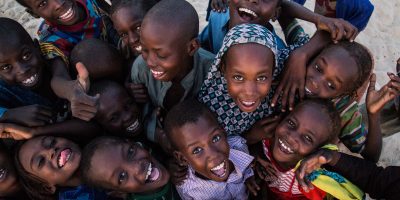
Briefing
After the End of Disease: Rethinking the Epidemic Narrative
In conversations with people living with polio in Hungary, I often encountered members of the tight-knit community referring to themselves as “dinosaurs”. We are a breed that is about to die out, they said. Nobody gets polio anymore, some added,…
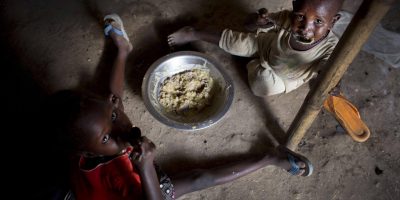
Evidence review
The Limits of Rations and Cash for Food Programs: Food Related Illness in The Gihembe Refugee Camp
Since the implementation of the mVisa program, refugees overwhelmingly believe malnutrition rates are as high as they have ever been in Gihembe, that the same illnesses abound, but that there is less excrement – or watery diarrhea – visible in…
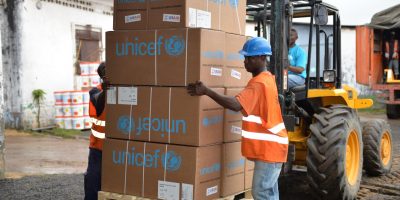
Evidence review
Storage and Stockpiling as Techniques of Preparedness: Managing the Bottlenecks of Flu Pandemics
In the last twenty years, influenza has been considered by global health experts as a model for the emergence of new pathogens from animal reservoirs. In the logic of zoonoses, human disease is the tip of the iceberg constituted by…
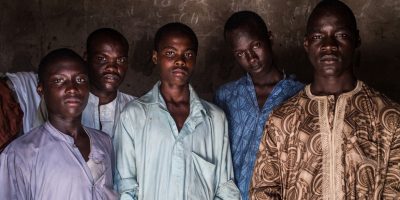
Evidence review
Gold Mining Pollution and the Cost of Private Healthcare: The Case of Ghana
To attract greater levels of foreign direct investment into their gold mining sectors, many mineral-rich countries in sub-Saharan Africa have been willing to overlook serious instances of mining company non-compliance with environmental standards. These lapses in regulatory oversight and enforcement…
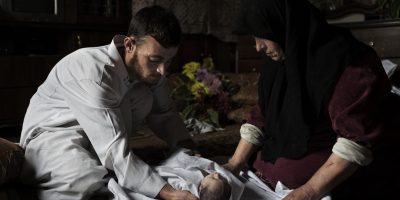
Evidence review
Impact of Post-Conflict Development Interventions on Maternal Healthcare Utilization
We evaluate the effectiveness of a post-conflict development programme on maternal health-care utilization in the Chittagong Hill Tracts of Bangladesh. Our work varies from conventional impact evaluation studies because of the inclusion of two post-conflict psychosocial risks: the household’s actual…
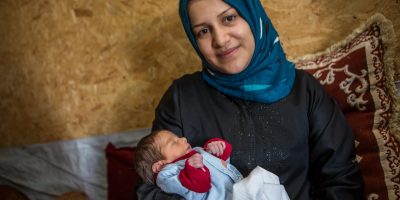
Briefing
Responding to Crises: What Can We Do? What’s Next?
Although sometimes over used, the word ‘crisis’ accurately describes many challenges of today’s world, such as climage change, war and refugees, economic volatility, pandemics, and the continuing unmet needs of the poor, hungry, and neglected. While much has been achieved — in…
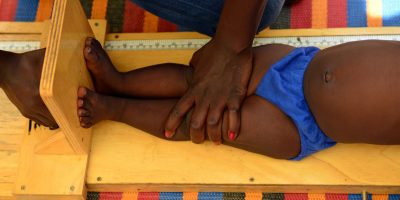
Briefing
NCDs in Humanitarian Crisis
Access to essential medications, such as insulin, must be improved and the impact of NCD preventive activities and preparedness for crisis further addressed. Although this seems an insurmountable task, the impressive progress that has been made in the management of…
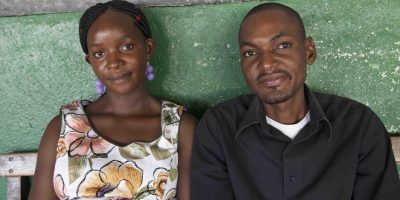
Blog
What does a decade of social sciences research tell us about health?
This blog relates to the Evidence Synthesis Research Award report and summary across health related research, from 122 research grants.
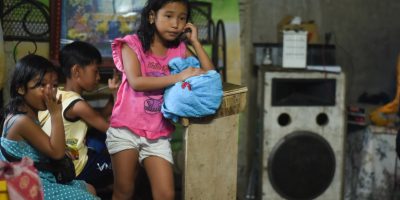
Briefing
Understanding the Effect of Conflict on People and Households
During the last decade, there has been a particular focus of research on the economic and social impact of conflict. The evidence that has emerged shows that armed conflict takes a heavy toll on development and the welfare of the…
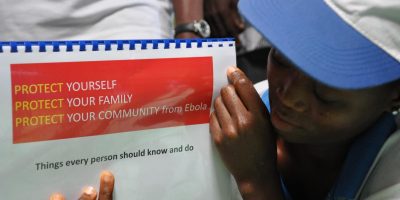
Evidence review
Using Media and Communication to Respond to Public Health Emergencies: Lessons Learned from Ebola
Failings during the early months of the Ebola outbreak caused the epidemic to become an unprecedented health crisis in West Africa. This cannot be repeated.
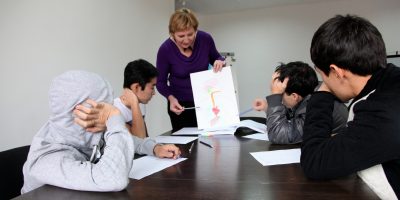
Evidence review
Coming of Age: Communication’s Role in Powering Global Health
Communication has been a consistent current running through many major health developments of recent years. And yet, despite the demonstrated promise of communication as a tool for improving public health, not enough has been done to date to capitalise upon…



